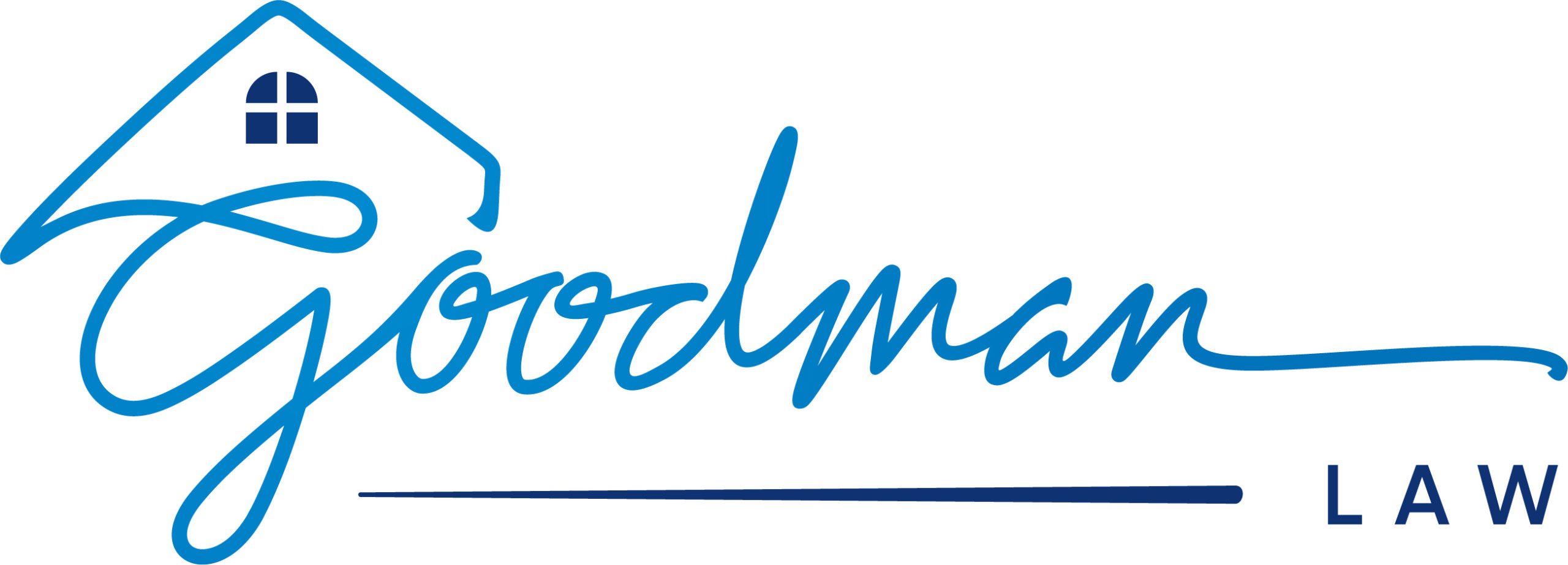HOA parties can be a fun way to get to know your neighbors, and provide safe entertainment—but are your movie nights or dance parties compliant with copyright law? You probably haven’t considered that there may be legal ramifications for playing music or movies at an HOA party. In most cases, you can solve this problem by asking permission. Here’s a quick overview of the applicable rules, so your get-togethers always stay on the right side of the law. Talk to your HOA legal counsel in Arizona to learn more.
Can you play music or movies at an HOA gathering?
In many cases, no. Although the law carves out some exceptions, most community gatherings fall outside that exception. This falls under the umbrella of intellectual property law: music and movies are the intellectual property of their creator, and when you display them for public consumption, you must pay a fee for that “performance.” (17 U.S.C., §101(1).) There are limited exceptions for “no commercial gain” parties, but they’re narrow and confusing—for example, even if you hire a party band to play music and don’t charge an entrance fee, you may still be liable! In one case, a condominium association was found to have violated the law by playing copyrighted songs for a dance in its clubhouse, even when it did not charge a fee to attend. Instead, they asked for a donation, which the court still deemed an admission fee. (Hinton v. Mainlands of Tamarac, 611 F.Supp. 494 (S.D. Fla. 1985).)
Don’t worry, though—it’s still possible to play music and movies at an HOA gathering. You’ll just have to ask for or purchase a license.
Is our community clubhouse really a “public” space?
Unfortunately, yes—there is case law to support the idea that a clubhouse is a public space (Fermata Int’l Melodies, Inc. v. Champions Golf Club, Inc., 712 F.Supp. 1257 (S.D. Tex.1989); also, Damon v. Ocean Hills). Although there may be no admission fee for the event, it’s still not “personal, private home use,” which is the kind of use you are licensed for when you purchase a DVD or CD (or their digital equivalents). While clubhouses may be on private property, they certainly are available to more people than you would necessarily allow in your home.
What are the penalties?
Even inadvertent violations can land you in some hot water. Statutory violations can range from $750 to $30,000 per violation, and that doesn’t include attorney’s fees. Intentional violations can cost up to $150,000!
You can avoid the trouble by purchasing a license to play the work. Associations can purchase annual licenses for music from ASCAP (American Society of Composers, Authors and Publishers), BMI (Broadcast Music Inc.), UMG (Universal Music Group), RIAA (Recording Industry Association of America) and SESAC (Society of European Stage Authors and Composers). A license from any of the above organizations only applies to copyrighted material in that organization’s collection, so you may need to obtain licenses from more than one organization. For movies, the licensing organizations are MPLC (Motion Picture Licensing Corporation) and Criterion Pictures.
Related: Understanding HOA Meeting Laws in Arizona
The bottom line is that it’s better to be safe than sorry. Licensing costs are minimal, but copyright violations can be expensive.
Goodman Law Group exists to make the work of HOAs as easy as possible. We specialize in HOA legal counsel in Arizona and Denver, and provide tailored help for each of our clients. Do you need advice on your HOA practices? Contact us today for more information or to schedule a consultation.
